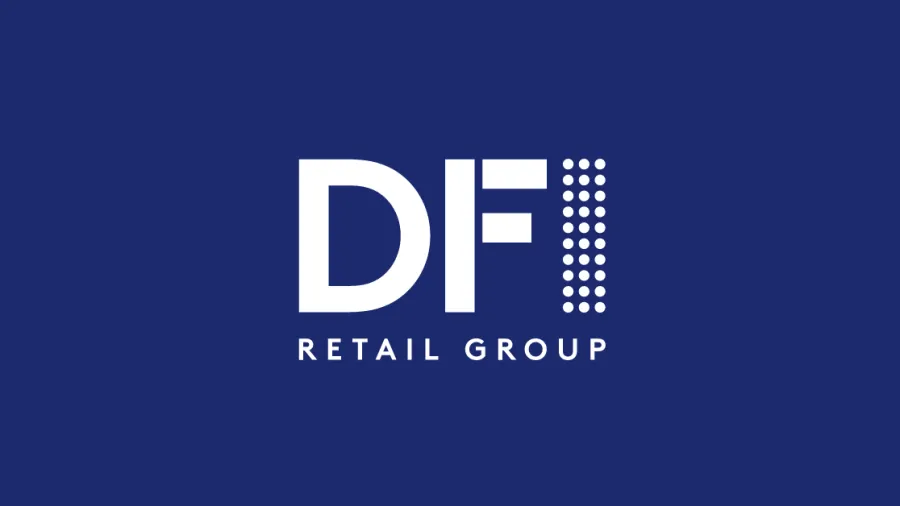
DFI Retail reports 19% reduction in greenhouse gas emissions
It aims to halve its emissions by 2030 and achieve net-zero emissions by 2050
The DFI Retail Group (DFI) reported a 19% reduction in Scope 1 and 2 greenhouse gas emissions compared to its 2021 baseline.
In its 2023 Sustainability Report, the group said it also reduced plastic usage by 110 tonnes in its own brand health and beauty products and achieved a 54% waste diversion rate, up from 51% in 2022.
“As part of its mission, DFI strives to sustain the planet, source responsibly and serve communities,” the group said.
“Within the framework, the goals of which range from reducing energy, plastic usage and waste; to eliminating harmful refrigerants; improving human, animal and land welfare; reducing hunger, the cost of living, and raising self-esteem,” it added.
DFI is amongst the first Asian retailers validated by Science Based Targets Initiative (SBTi) for its near-term GHG emissions reduction targets. The company aims to halve its emissions by 2030 and achieve net-zero emissions by 2050. SBTi also validated DFI's Scope 3 emissions reduction targets.
The group also reported that its ESG risk rating has improved from 25.3 in 2022 to 22.9 in 2023, positioning the company in the top 29% of the Global Food Retail sub-industry rankings. Sustainalytics awarded DFI an overall "Strong" ESG management rating.
Additionally, DFI reduced plastic bag and plastic wrap usage by 38% compared to 2022, demonstrating efforts to minimize environmental impact.
ALSO READ: Waterless cosmetics gain traction in APAC amidst growing eco-consciousness
As of 2023, 57% of DFI's own brand products' plastic packaging is recyclable.
“As a leading pan-Asian retailer, we have a unique opportunity to contribute to and be a part of the solution to achieving a sustainable future for all our customers, communities, and businesses,” said Scott Price, group chief executive of DFI Retail Group.
“We take this responsibility very seriously, and being part of the solution is essential to our Customer First, People Led and Shareholder Driven strategic framework.”

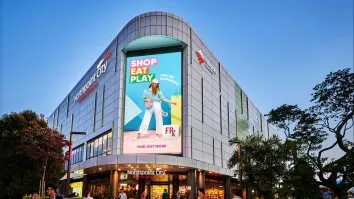






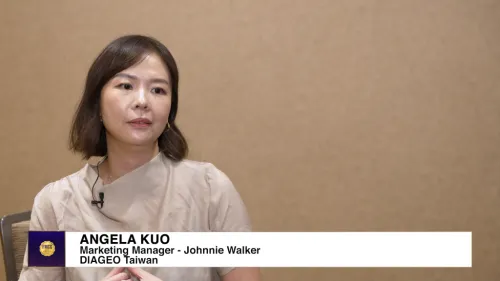

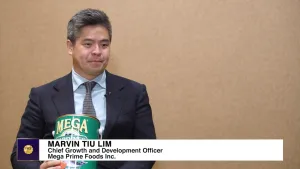
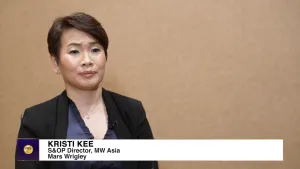


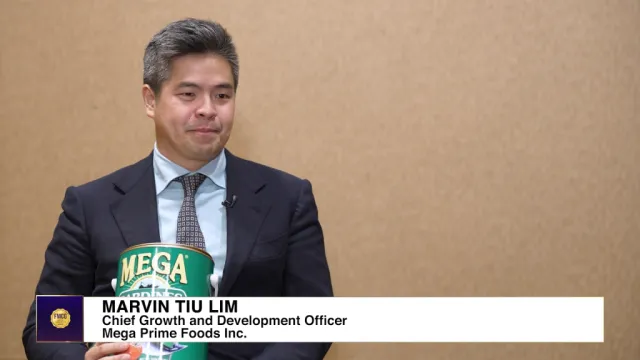
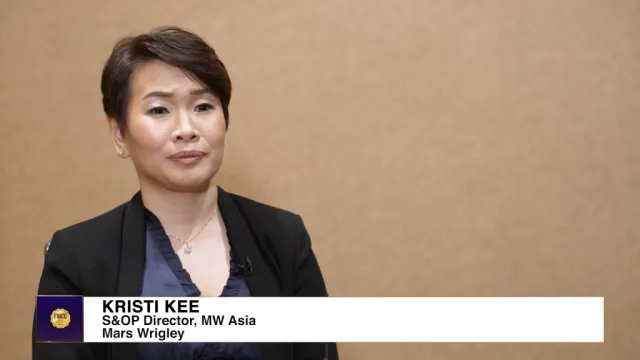

 Advertise
Advertise








